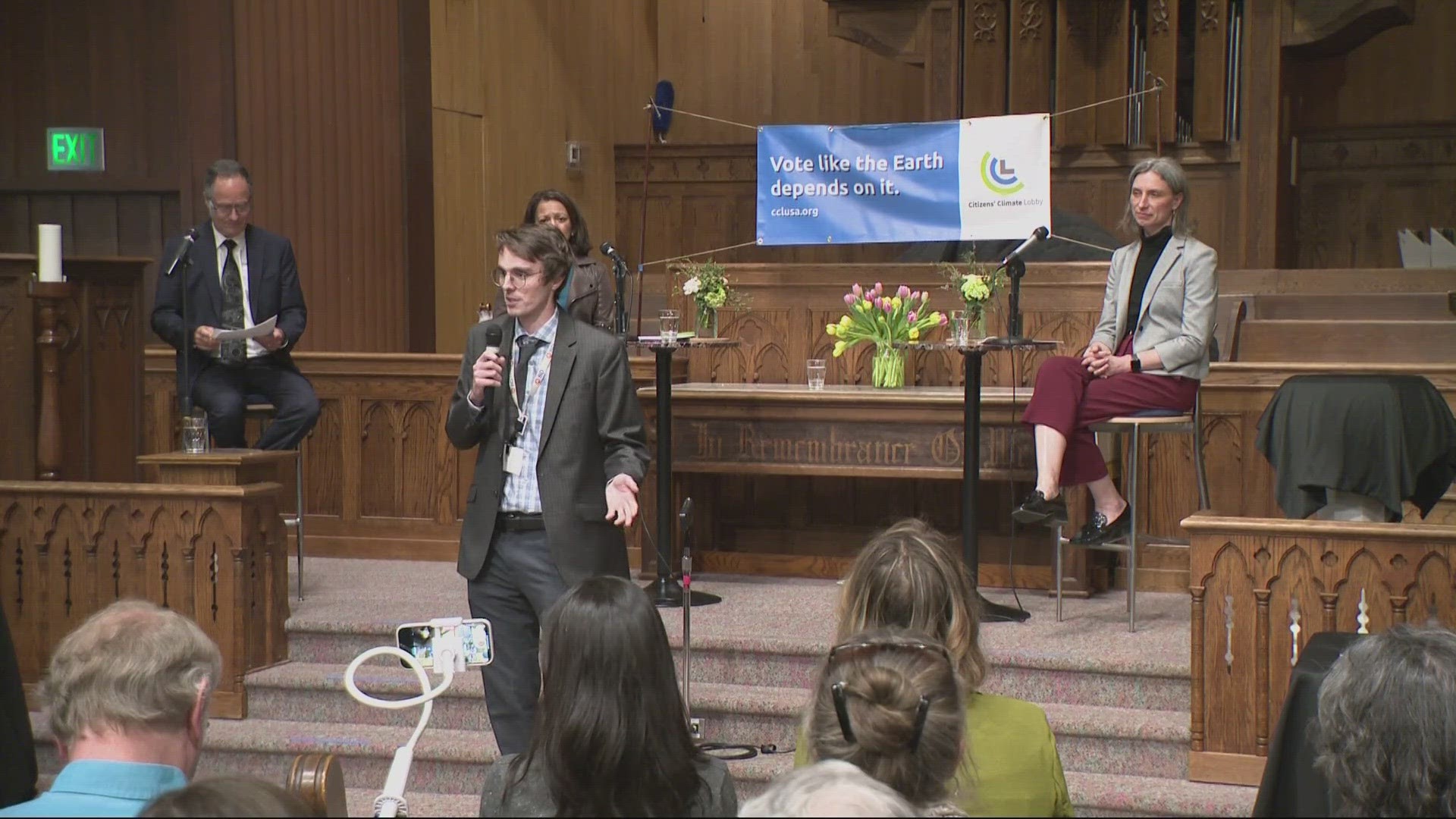SALEM, Ore. — Oregon Governor Kate Brown has declared addiction a public health crisis in the state.
Brown on Tuesday announced an executive order setting a deadline for the state Alcohol and Drug Policy Commission to develop a statewide plan to combat the problem, with intermediary deadlines as early as September. The plan would lay out steps for state agencies to ease access to recovery, treatment and prevention services.
"I am declaring substance abuse to be a public health crisis in Oregon," Brown said to a crowd of about a hundred gathered on the Oregon Capitol steps.
Tuesday's announcement came as separate opioid legislation requested by Brown makes its way through the Legislature, which would require the state to study how to improve access to treatment and doctors to register with a statewide prescription-monitoring system.
Despite Brown's statement, when exactly the order would be signed was unclear Tuesday. The order is intended to coordinate with an overlapping proposal in the Legislature. The signing of the order would follow a final vote on that bill, which has not yet been scheduled, said Brown's spokeswoman Kate Kondayen. The final deadline for the plan remained unclear, pending coordination with the same measure, Kondayen said.
That ambiguity didn't appear to carry over to the crowd watching Brown's remarks.
"It's an inspiring moment to have a governor that backs us, and believes in recovery," said Ricky Mortimer, of Dallas, Oregon. "That gives us hope."
Mortimer described himself as sober after struggling with addiction since trying methamphetamines at age 14. He said Brown's words felt powerful because they broke what he described as a social stigma surrounding addiction. Mortimer described the stigma as not only personally difficult, but a barrier for communities struggling with addiction in their midst.
"Helping addicts is helping whole communities," Mortimer said.
Tamara Slack, of Gresham, Oregon, described the moment as one that was overdue.
Slack said she began believing the system needed to change after watching her daughter go through "a revolving door" between recovery programs and jail over more than five years. Slack said it was hopeful seeing Brown acknowledge the problems facing herself and others.
If she had one piece of advice for other parents, Slack said, it would be to not assume they were immune.
"Don't think because you live in the suburbs... that it can't happen to you and your child," Slack said.


